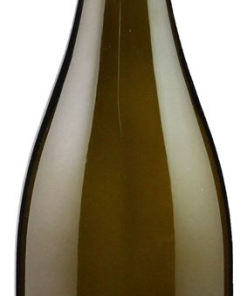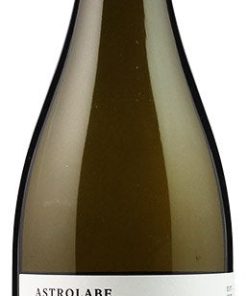Escarpment Te Rehua Single Vineyard Pinot Noir Martinborough 2020 0
$ 88,99 $ 44,49
The Te Rehua Pinot Noir is a unique single vineyard, that brings a richer fruit profile and more robust styled Pinot Noir whilst highlighting the dense tannin structure from Martinborough.
Winemaker’s notes
This wine was grown on the Barton Vineyard, Huangarua Road, Martinborough from vines planted in the 1990?s. A combination of deep alluvial gravels from the Martinborough Terraces and an assemblage of many clones to produce a classic example of New Zealand Pinot Noir. Hand harvested fruit was open top fermented using indigenous yeasts in a traditional wooden cuvee. It was hand plunged once a day, with a total vat time of 20 days. After pressing it was matured in 30% new French oak barriques for 16 months. Bottled without fining or filtration, promoting soft mouth feel and texture.
Tasting
A unique site derived complexity and texture combined with black cherry and plum fruit along with tight savoury nuances of forest floor, black tea and licorice. The inclusion of stems gives the wine aromatic lift and the firm tannins are a hallmark of this block. It will continue to develop for up to 15 years and compliment roast meats, game and charcuterie. Serve at 16?C.
History of The Escarpment Vineyard
Larry McKenna was one of the first winemakers in Martinborough and has had a pivotal role in pioneering Pinot Noir in New Zealand. He was born and bred in Australia and began winemaking in the Wairarapa region at Martinborough Vineyards in the early days of modern New Zealand wine. In 1999 he founded The Escarpment Vineyard on Te Muna Road, a dramatically beautiful valley which is nine kilometres east of the Martinborough township.
The Escarpment Vineyard was purchased by Torbreck Wines in South Australia in 2018 and Larry remains at the helm with winemaker Tim Bourne.
Top wines
The Escarpment Vineyard Pinot Noirs are highly collectible wines, especially the four top tier, single vineyard editions, the pinnacle of which is Kupe – named after Nga Waka-o-Kupe, which is three flat topped hills on the Aorangi Ranges. These distinctive hills resemble upturned canoes, the Maori name for which is kupe, hence the name.
Fast Shipping with Professional Packaging
Due to our longstanding partnership with UPS FedEx DHL and other top global carriers, we can provide various shipping options. Our warehouse personnel will pack each item according to our strict requirements. Prior to shipping, your goods will be thoroughly examined and securely secured. We ship to thousands clients each day across multiple countries. This shows our commitment to becoming the largest online retailer in the world. Both Europe as well as the USA have warehouses and distribution centres.
Note: Orders that include more than one item are assigned a processing period in accordance with the item.
Prior to shipment, all purchased products will be thoroughly inspected. The majority of orders are shipped within 48 hours. The delivery time will be between 3 and 7 working days.
Returns
Due to multiple parties, including the factory and the warehouse, we are unable to completely manage our stock. The actual levels of stock can change at any time. Be aware that it is possible that your order could become unavailable even after you've placed your order.
Our policy is valid for 30 days. If it's been more 30 days since you purchased your item We're sorry to say that we can't offer you a complete refund or exchange.
To be eligible for a return, your product must be unopened and in the same condition as when you received it. It should also be returned in the original packaging.
Related products
NZ OTHER WHITES
NZ PINOT GRIS
NZ SYRAH
NZ CABERNET SAUVIGNON
NZ PINOT NOIR
NZ DESSERT WINES.
Alpha Domus Leonarda Late Harvest Semillon Hawke’s Bay 19/22 0
NZ SAUVIGNON BLANC
NZ ROSE
NZ PINOT NOIR
NZ CHARDONNAY
NZ CHARDONNAY
NZ PINOT NOIR
NZ SAUVIGNON BLANC
NZ PINOT NOIR
NZ PINOT NOIR
NZ METHODE/SPARKLING
NZ CHARDONNAY
NZ ROSE
NZ CHARDONNAY
NZ CHARDONNAY
NZ CHARDONNAY
NZ PINOT NOIR
NZ SAUVIGNON BLANC
Astrolabe Kekerengu Coast Sauvignon Blanc Marlborough 2023 0
NZ SAUVIGNON BLANC
NZ RIESLING
NZ PINOT NOIR
NZ CHENIN BLANC
NZ CHARDONNAY
NZ SAUVIGNON BLANC
NZ CABERNET SAUVIGNON




































